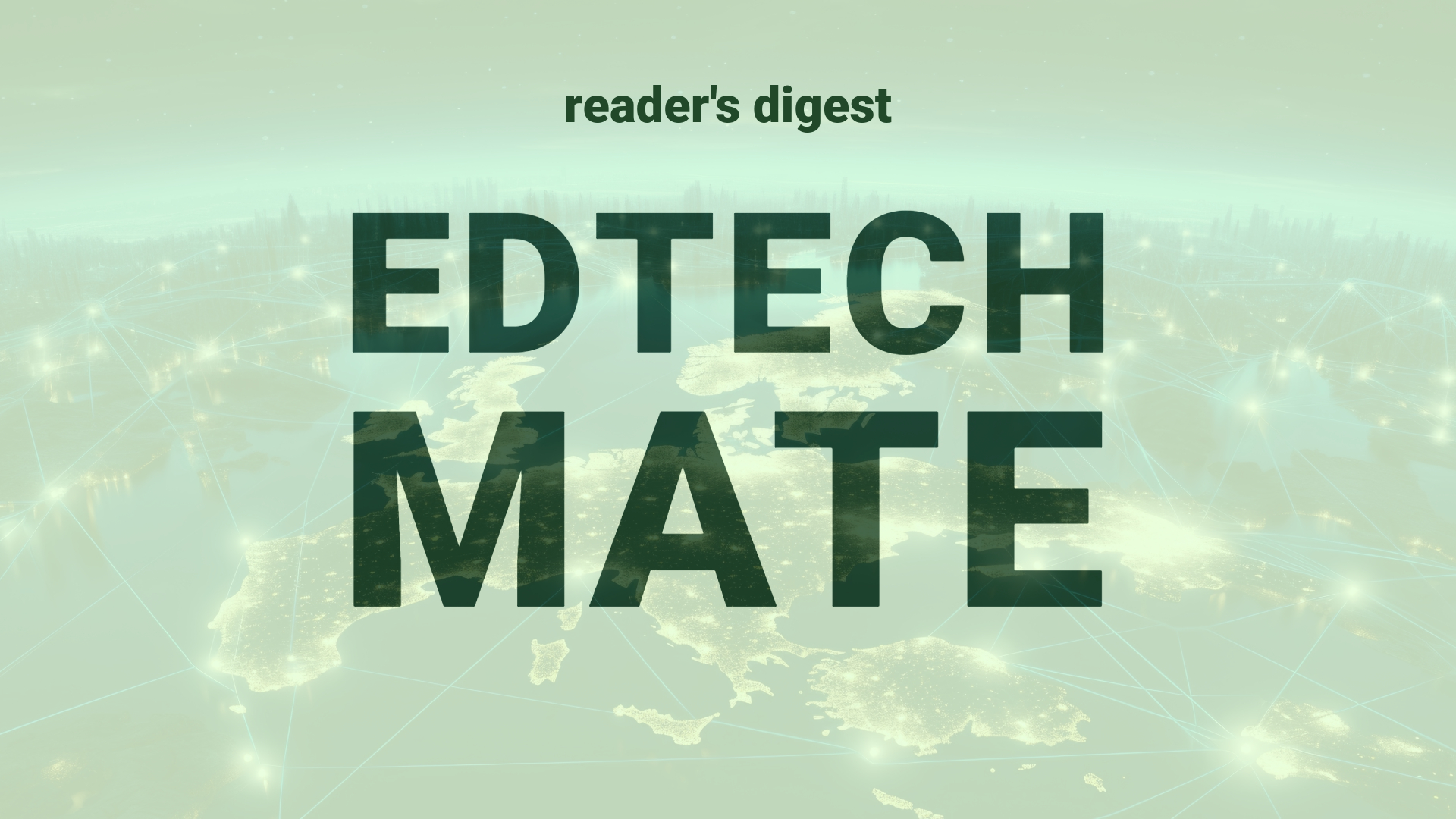“`html
Executive Summary and Main Points
In the context of global higher education dynamics, the discourse around the value of a PhD has surfaced potential inconsistencies between student expectations and academic realities. While some PhD graduates may feel that their experience verges on the deceptive, others view it as beneficial. This highlights a dichotomy within the system that merits further investigation, particularly as it relates to the concepts of transparency, financial incentives for universities and supervisors, and the actual utility of a PhD for career advancement.
Potential Impact in the Education Sector
The discussions about the value and perception of PhD programs can have profound effects on Further Education, Higher Education, and Micro-credentials. The narrative surrounding the ‘scam’ claim could influence prospective students’ decisions, impact strategic partnerships among academic institutions, and accelerate the push towards digitalization in the way PhD programs are marketed and managed. Additionally, it may stimulate reforms aimed at providing more accurate projections of post-PhD career paths and fostering clearer communication about the purpose and outcomes of obtaining a PhD.
Potential Applicability in the Education Sector
Innovation through AI and digital tools may offer solutions to the transparency and expectation-management issues raised in the debate on the value of a PhD. AI systems can provide predictive analytics to help students better understand their potential career trajectories based on real-world data. Digital portfolios and micro-credentials could also enhance the visibility and applicability of research skills in the wider job market, outside traditional academic circles.
Criticism and Potential Shortfalls
Real-world examples from international case studies show that while some individuals may feel misled by the PhD process, others find it rewarding. This discrepancy calls for a critical examination of ethical and cultural implications. A one-size-fits-all approach fails to acknowledge the diversity of individual goals and institutional structures, leading to potential mismatches between PhD programs and student expectations. There is therefore a risk that the systemic issues in academia may continue to cause disillusionment among large groups of PhD students and graduates.
Actionable Recommendations
International education leadership can explore the implementation of comprehensive pre-enrollment counseling and continuous career guidance for PhD students. Enhancing connections with industry and expanding the scope of PhD applicability into non-academic roles could alleviate the pressure on the academic job market. Universities should look to employ strategic insights from the digital market to reform marketing practices and align them with a more ethical and transparent recruitment approach.
“`

